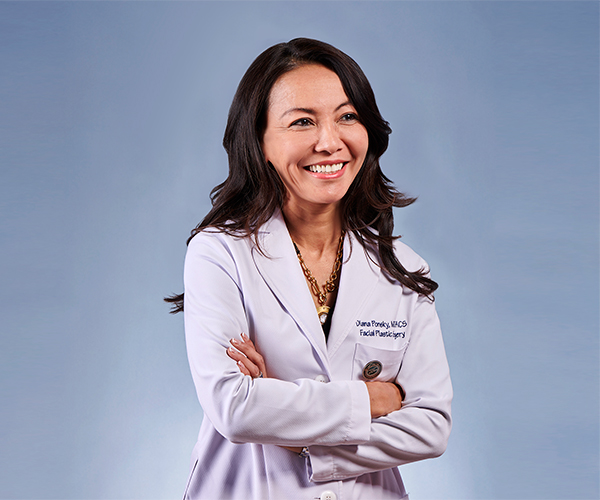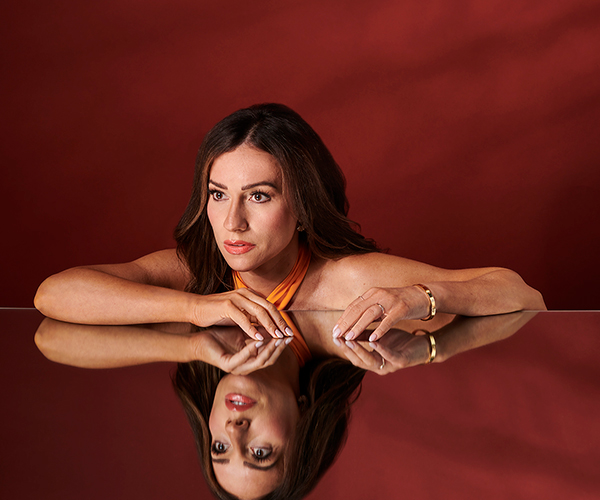Every year, about 14 million people are infected with HPV, a sexually transmitted virus that often has no visible symptoms and can lead to cervical cancer in women. So it's important to understand how to prevent it. University Hospitals OB-GYN Dr. Kimberly Gecsi schools us on the HPV vaccination.
Get vaccinated at an early age. Doctors recommend the vaccine for 11- to 12-year-old boys and girls. "You're most at risk for getting HPV during your teen years and early 20s when you're likely to have multiple sexual partners and not be in a monogamous relationship," says Gecsi. The vaccine requires three doses over several months up to a year and can be administered until 26 years old.
It protects against cancer. There are three vaccines — Cervarix, Gardasil and Gardasil 9. All protect against the most dangerous subsets of the virus (types 16 and 18), which cause 70 percent of cervical cancers, while both Gardasil vaccines also protect against genital warts. "People have been saying it would be great to be vaccinated against cancer, and we now have that available," Gecsi says.
It's just as important for males. The vaccine used to be available only for girls and women. While many men who become infected with HPV never show any symptoms, they can spread it to others and can develop genital warts or anal and penile cancer. "Men can protect their partners from getting HPV by first protecting themselves with the HPV vaccine," Gecsi says.




